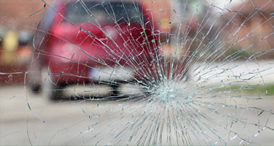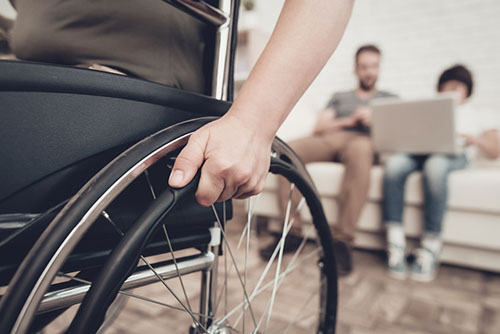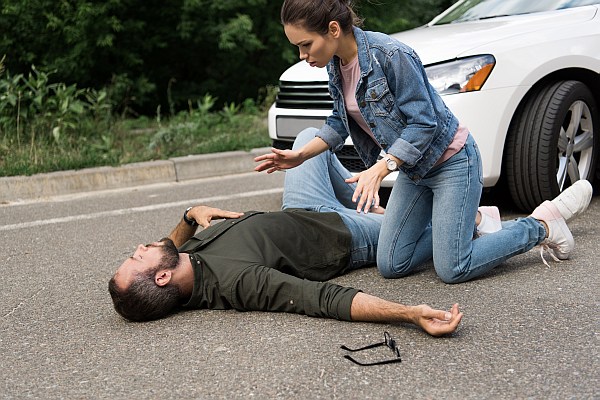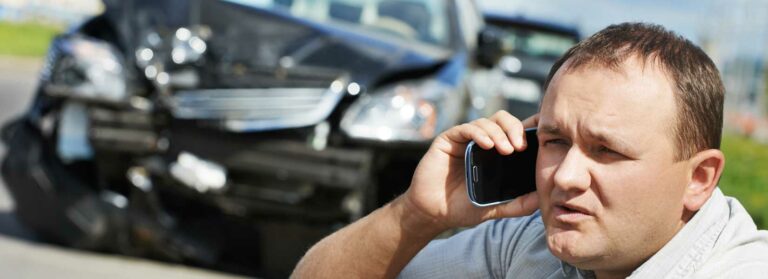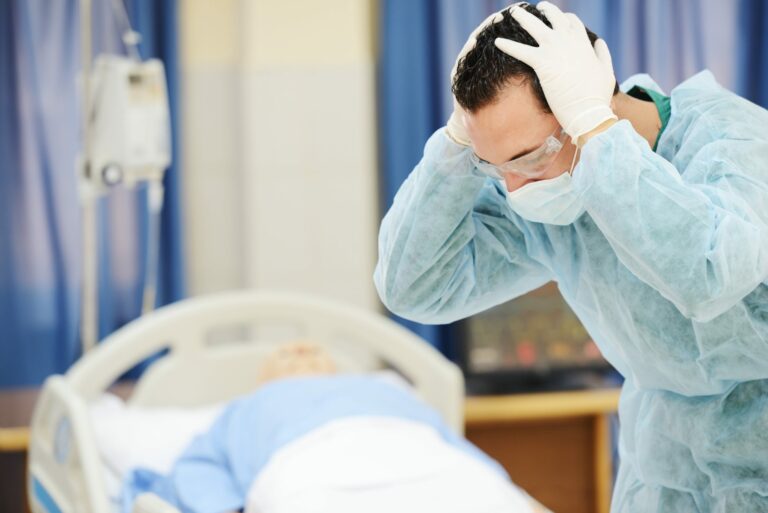In addition to the physical and emotional toll, a car accident can lead to financial losses such as medical bills, lost wages, and property damage.
Gathering and documenting evidence is important for supporting your claim and ensuring that you receive fair compensation. But gathering evidence can be complex and overwhelming, especially when dealing with injuries and other challenges after the accident.
However, with a couple of steps, you can ensure that you have the evidence you need to support your claim and protect your rights.
Also, remember that working with a professional Indianapolis auto accident lawyer from the Rowe & Hamilton Law Firm can make all the difference in your case.
Here, we’ll provide an overview of the process of gathering and documenting evidence for a car accident claim, including the types of evidence you should collect, the importance of keeping records, and how an attorney can help you!
What Evidence Should You Collect After a Car Accident?
Here are the types of evidence your Indianapolis auto accident lawyer can use to support your case.
Photographs of the Accident Scene
Photographs of the accident scene can help preserve critical evidence, including vehicle damage, skid marks, and debris. Photographs should be taken from different angles and distances, including close-ups of any visible injuries.
Be sure to photograph any stop signs, traffic signals, or other signage that may be relevant to the accident.
Damage to the Vehicles
Documenting damage to the vehicles involved in the accident is essential. Take photographs of each vehicle’s interior and exterior, including any damage that may not be immediately visible. Also, be sure to obtain a copy of any estimates or repair bills.
Skid Marks And Debris
Skid marks and debris can provide crucial information about how the accident occurred. Take photographs of any skid marks or debris, such as broken glass or car parts, and note their location in relation to the vehicles involved in the accident.
Video Footage of the Accident
If there were any surveillance cameras or dash cameras in the vicinity of the accident, obtain any available video footage. This footage can provide valuable evidence and help establish fault.
Gather Witness Statements
Speak with anyone who may have witnessed the accident, including drivers, passengers, and pedestrians.
Interviewing Witnesses
When interviewing witnesses, be sure to get their names and contact information. Ask them to describe what they saw, including the events leading up to the accident, the accident itself, and what occurred immediately following the accident.
Recording Witness Statements
Record witness statements using a smartphone or other recording device. Make sure you get the witness’s consent before recording and ask them to state their name and contact information at the beginning of the recording.
Police Report
A police report is critical evidence about the accident, including who was at fault and if there were any traffic violations. Police reports also typically contain contact information for all parties involved in the accident.
You may have to pay a fee for obtaining a copy of the report.
Medical Records
Keeping track of medical records is essential for establishing damages related to your injuries. Medical records can include:
- Doctor’s notes
- Test results
- X-rays
- Emergency room records
- Hospitalization records
- Records from any medical professionals you visited as part of your treatment
These can be used to demonstrate the extent of your injuries and the treatment you received.
Also, keep track of all bills related to your medical treatment, including ambulance, hospital, and bills from any medical professionals you visited.
Evidence of Lost Wages
After a car accident, you may be unable to work due to your injuries. It’s important to document any lost wages so that you can be compensated for them in your car accident claim.
To document lost wages, you must provide proof of your income before and after the accident. This can include the following evidence.
- Pay stubs: Your pay stubs will show how much money you earned before the accident.
- Tax returns: Your tax returns will show your income for the previous year.
- Bank statements: Your bank statements will show your income and any deposits or withdrawals made after the accident.
- Employer verification: Your employer can provide a letter verifying your employment and how much money you’ve lost due to the accident.
You should also keep track of the time you’ve had to take some days off from work due to your injuries. This can include:
- Sick days
- Vacation days
- Any other time off you’ve had to take
Record the dates you’ve missed and the reason for your absence.
Hire an Experienced Indianapolis Personal Injury Lawyer to Help With Your Case
Working with an Indianapolis auto accident lawyer from the Rowe & Hamilton Law Firm can make the process of gathering and documenting evidence much more manageable. Let an experienced car accident attorney from our firm can help you – here’s what we bring to the table:
Knowledge of the Law
Our attorneys thoroughly understand the law and how it applies to your case. They can advise you on what evidence to gather and how to document it.
Negotiation Skills
We can negotiate with insurance companies on your behalf to get you a fair settlement for your economic and non-economic damages.
Courtroom Experience
If your case goes to court, a qualified lawyer from our firm can represent you and present your evidence in front of a judge and jury.
Contacting Witnesses
Our attorneys can interview witnesses to gather statements.
Obtaining Police Reports
Our Indianapolis personal injury lawyers can help obtain a copy of the police report and review it for accuracy.
Reviewing Medical Records
We can review your medical records to determine the extent of your injuries and how they’ve impacted your life.
Gathering and documenting evidence is crucial for the success of your car accident claim. If you follow the steps we’ve highlighted, you can ensure that you have the evidence you need to support your claim.
Consider working with an experienced Indianapolis personal injury lawyer from our firm to guide you through the process. Reach out to us for a free consultation session!

